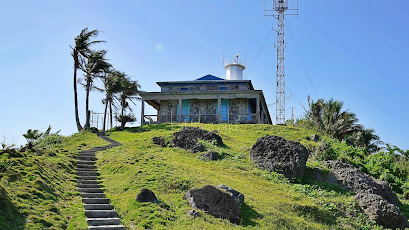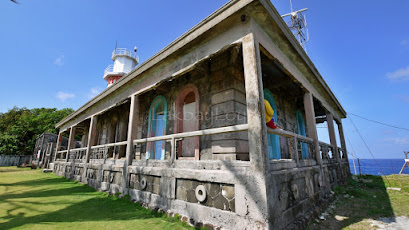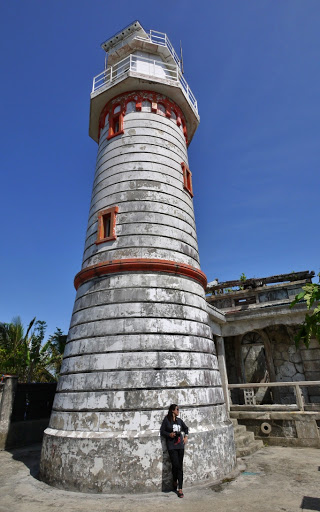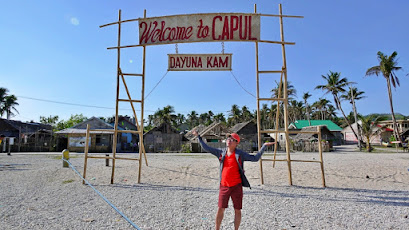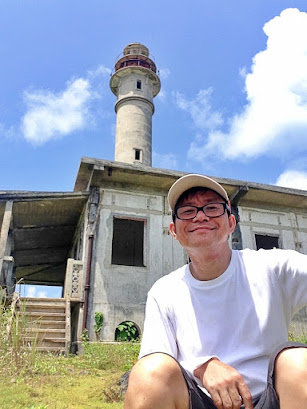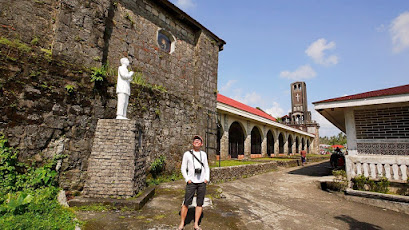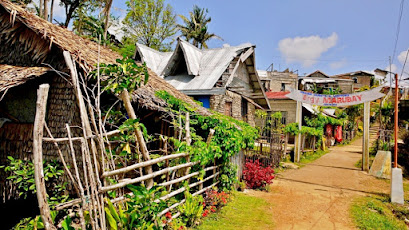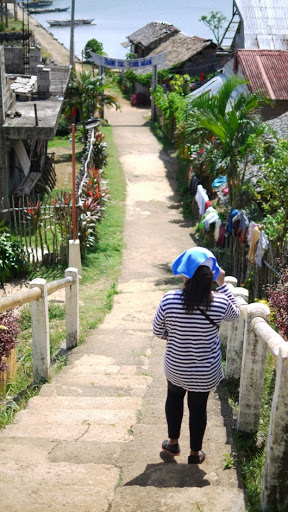El Faro De Isla Capul
El Faro De Isla Capul, or the Capul Island Lighthouse, was built by the Spaniards in an elevated area in Bgy. San Luis in the island town of Capul in 1896 and was completed during the American Period by the US Army Corps and Engineers.
It is located 143 feet above sea level with a 40-foot tower that commands a panoramic view of the San Bernardino Strait and extending towards the Pacific Ocean and one of the few remaining functional lighthouses in the country. However, just like almost all the heritage lighthouses I have visited, the pavillion, designed by Guillermo Brockman, is in its decaying state. I am in high hopes that the people of Capul will repair what is left of the structure and maintain what has remained for its historical and architectural importance.
This historical landmark in Northern Samar not only played a very important role in the galleon trade during the Spanish era but it is so important that it signifies the entire Capul's rich history.
About The Island Town Of Capul
The island was originally named Abak, after the name of the chieftain of a group of people that migrated from the south. These migrants brought with them one of the eight rarest dialects in the country called Abaknon. The language is on the brink of becoming extinct, according to locals. The island's name Capul derived from the word Acapulco (a Mexican town). It was a frequent stop-over for galleons during the Acapulco trade.
How did we get there?
After the Laoang and the Batag Island Lighthouse trip, Tess and I headed back to Lietco to catch the van going to Catarman where we will start the new journey to Capul Island via Allen.
After the Laoang and the Batag Island Lighthouse trip, Tess and I headed back to Lietco to catch the van going to Catarman where we will start the new journey to Capul Island via Allen.
The jeepney ride from Catarman to Allen town proper took us about an hour. From Allen town proper, we need to get to Allen Port riding the odd-looking-big-wheeled-good-for-one-and-a-half-persons pedicab.
To prepare for next day's trip to Capul Island, we spent the night at the nearby Pahayahayan Lodge with basic amenities for P800 for a 12hour stay. The accommodation was nice but quite costly for waiting or stranded passengers going to Manila en route Matnog, Sorsogon on RORO.
The following morning, we learned that there is only one trip to Capul and the boat leaves from Port Of Allen at 12 noon daily and leaves Capul going to Allen at 8 am the following day. Now that stirred a problem because we don't have the luxury of time to spend overnight in Capul.
The following morning, we learned that there is only one trip to Capul and the boat leaves from Port Of Allen at 12 noon daily and leaves Capul going to Allen at 8 am the following day. Now that stirred a problem because we don't have the luxury of time to spend overnight in Capul.
I called up Ms.Jade (from Laoang) again for help and immediately, she gave the number of Ms. Ivy Nalda (09154806538), Allen's Tourism Officer. Ms. Ivy was able to arrange a boat to take us to Capul and back on a half-day tour - but with a hefty cost to the tune of 4,000 pesos! Quite a lot to pay due to time constraints.
We immediately headed to Dapdap Port, about a kilometer away from Port of Allen and by 7 am we are sailing aboard Vanessa (boat's name) to Capul Island. We docked at Barangay San Luis after an hour. A habal-habal was waiting to take us to the lighthouse.
We immediately headed to Dapdap Port, about a kilometer away from Port of Allen and by 7 am we are sailing aboard Vanessa (boat's name) to Capul Island. We docked at Barangay San Luis after an hour. A habal-habal was waiting to take us to the lighthouse.
National Cultural Treasure - San Ignacio De Loyola Parish
To complement the heritage tour of Capul Island, we visited another evidence of the island's historic past, the San Ignacio De Loyola Parish, a 400-year old stone church that has been declared as a National Cultural Treasure by the National Museum of the Philippines in 2014. The church is surrounded by stone walls connoting that it was more than a house of worship, as it was also a fortress and a refuge of the Capuleños during the times of Moro raids. At present it looked like a mini-Intramuros.




